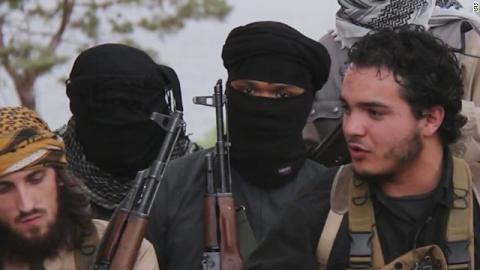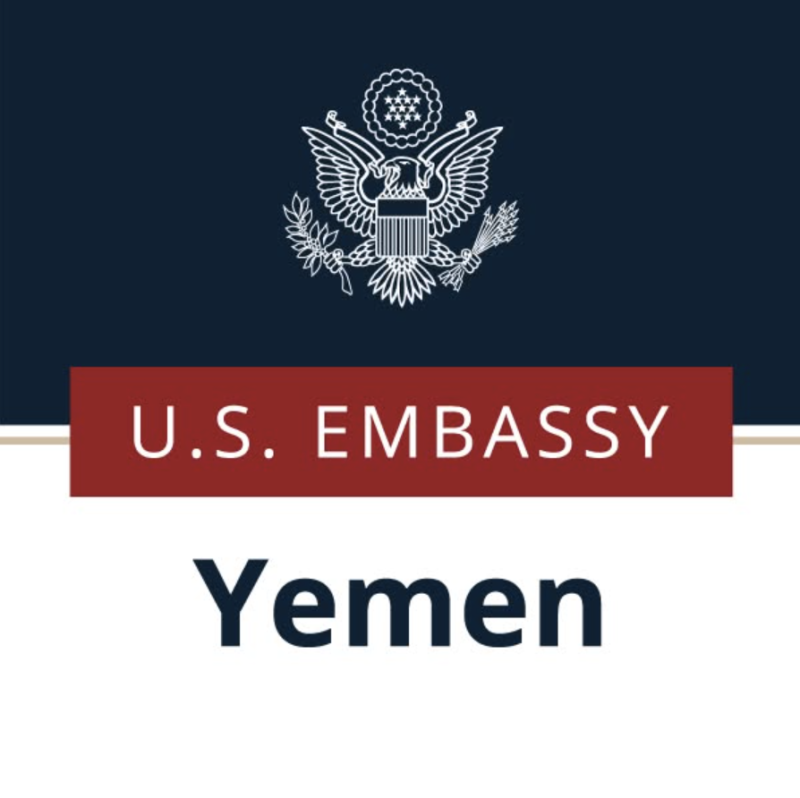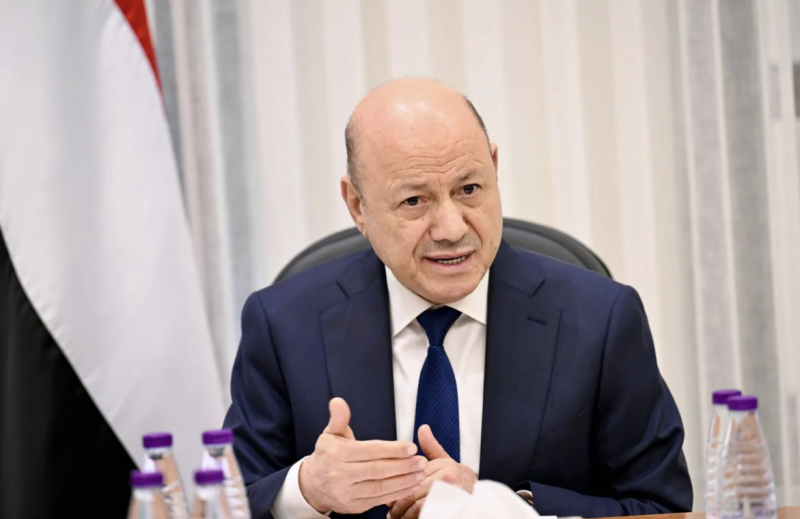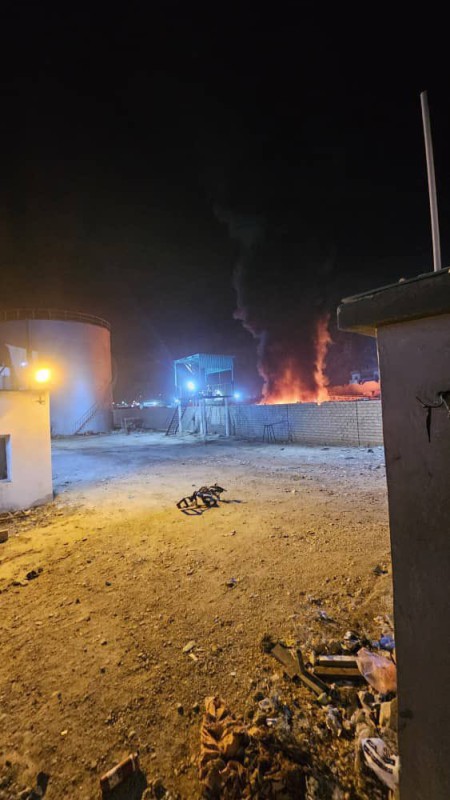Al-Qaeda in Yemen says it's responsible for Paris attack


Al-Qaeda's affiliate in Yemen claimed responsibility on Friday for the terrorist massacre at a Paris satirical weekly, drawing attention to a deadly militant organization that has long harbored international ambitions.
A member of the al-Qaeda affiliate in Yemen provided a statement to the Associated Press saying the attack on Charlie Hebdo, which left 12 dead,was "revenge for the honor" of Islam's prophet Mohammed, who has been ridiculed along with other religious figures by the journal.
It is not clear if the organization's claim is authentic.
One of the two suspects, brothers who were killed by police on Friday, traveled to Yemen in 2011. Witnesses at the scene of the newspaper massacre said one gunmen claimed as he fled that he was with al-Qaeda of Yemen.
A top al-Qaeda leader in Yemen, Harith bin Ghazi al-Nadhari, released a video in which he praised the attack but stopping short of directly saying the group was responsible for the attack.
"Some of the sons of France were disrespectful to the prophets of Allah, so a group from among the believing soldiers of Allah marched unto them, then they taught them respect and the limit of the freedom of expression," he said, according to a translation by the SITE Intelligence Group.
Yemen's U.S.-backed government will investigate any possible links between the Paris attack and Yemen militants, said Mohammed al-Basha, a spokesman for Yemen's embassy in Washington.
The al-Qaeda affiliate in Yemen also goes by the name al-Qaeda in the Arabian Peninsula to refer to a larger organization with militants in Saudi Arabia and Yemen.
The terrorist group remains a "lethal threat," Rear Adm. John Kirby, the Pentagon press secretary, said Friday. "This is a group that is trying to grow in strength," he said.
Al-Qaeda has recently been overshadowed by the radical Islamic State, which broke from al-Qaeda and seized large swaths of territory in Syria and Iraq.
If the Yemen group is proven to be linked to the Paris attack, it could be part of an effort to reassert its relevance in the face of the growing dominance of the Islamic State, said Patrick Johnston, a counterterrorism analyst at RAND.
Over the past year, the Islamic State has grabbed headlines worldwide with its brutality and attracted hundreds of fighters to its cause. The group is behind mass executions of those who aren't loyal to its extremist views, and it has staged notorious beheadings of Western journalists and aid workers.
The United States and its allies have launched a major air campaign against Islamic State militants in Syria and Iraq to stop them from seizing more strategic territory.
Al-Qaeda's Yemen affiliate has been around for much longer, tracing its origins to the attack on the USS Cole, a Navy warship, near Yemen in October 2000. The bombing killed 17 sailors.
The Pentagon has targeted members of the group with drone strikes and supported Yemen's armed forces in their fight with the militants.
One of the most prominent attacks on the group was a 2011 drone strike that killed Anwar al-Awlaki, a U.S.-born al-Qaeda leader based in Yemen. Awlaki was "a key figure in mobilizing jihadists worldwide," Johnston said.
Awlaki allegedly helped plan the failed effort by the so-called underwear bomber to blow up a Detroit-bound passenger jet on Christmas Day 2009.
It is not clear if Said Kouachi, 34, the Paris massacre suspect who went to Yemen in 2011, ever met with al-Awlaki, whose fiery sermons have inspired many young men to turn to militancy.
USA Today

Washington – The United States has voiced concern over recent developments in southeastern Yemen, stressing the importance of avoiding any st…

Riyadh --  Yemen’s Presidential Leadership Council Chairman, Rashad al-Alimi, announced on Tuesday a nationwide state of emergency, effe…

 Mukalla – The Saudi-led Arab Coalition has requested the immediate evacuation of civilians from Mukalla Port in Hadramout province.&nbs…